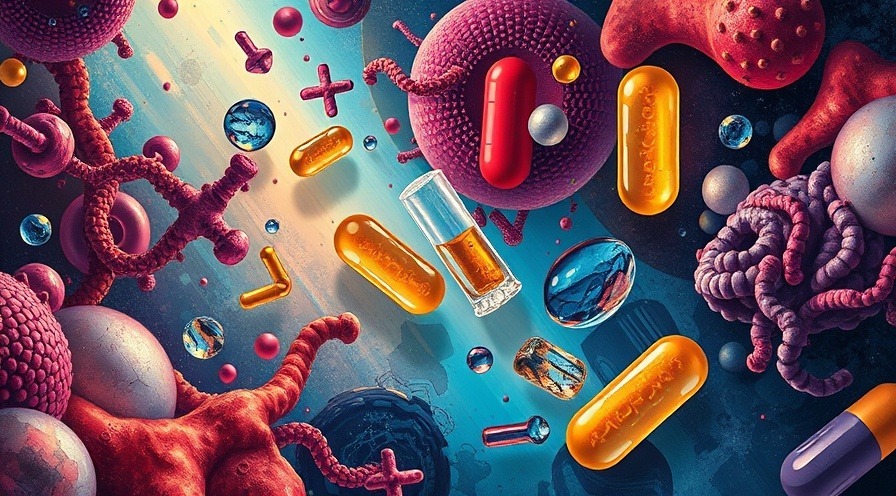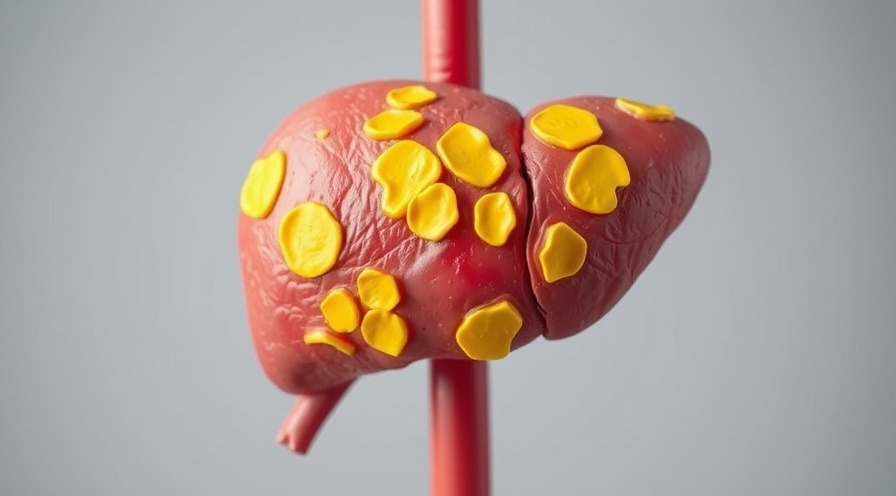
Can You Safely Combine Alcohol with Antibiotics?
As discussions around health grow increasingly detailed, the question of whether mixing alcohol with antibiotics remains a significant topic. Most often, information surrounding this combination can leave many people puzzled. It's essential to understand both the historical context and current scientific perspectives to make informed choices about health.
In 'Is It Dangerous to Mix Alcohol with Antibiotics?', the discussion explores the complexities around alcohol and medication, prompting a deeper analysis on our end.
A Historical Perspective on Alcohol and Antibiotics
The notion that alcohol and antibiotics don’t mix has deep historical roots. During World War II, soldiers who contracted sexually transmitted infections found themselves treated with antibiotics, notably penicillin. Doctors advised against alcohol consumption at the time, largely driven by concerns about soldier behavior rather than sound scientific evidence. This guidance seemed more about preventing irresponsible actions rather than any genuine interaction between alcohol and antibiotics.
Scientific Evidence: What Do We Know?
Fast forward to today, and the scientific perspective has evolved. While it is largely considered safe to mix alcohol with most antibiotics, metronidazole, commonly known by its brand name, Flagyl, still requires strict caution. Consuming alcohol while on this antibiotic can trigger a severe reaction similar to what occurs with drugs designed to curb alcohol abuse. Symptoms can include nausea, flushing, and a rapid heart rate.
When Should You Avoid Alcohol?
While moderate alcohol consumption might not severely affect the effectiveness of most antibiotics, the real concern lies elsewhere. If you are ill and on antibiotics, your body’s immune system is already under strain. Drinking can impair your immune response, potentially prolonging recovery from illness. As such, rather than asking, "Can I drink alcohol while on antibiotics?", it might be wiser to consider, "Should I drink alcohol while I’m sick?"

Blood Thinners and Alcohol: A Dangerous Mix
For those on blood thinners, the stakes are higher. Alcohol can affect how these medications work, increasing the risk of severe bleeding. Medications like Warfarin and Coumadin are impacted by alcohol consumption, making it essential to discuss any alcohol use with a healthcare professional. Especially during holidays or celebrations, the urge to toast can be tempting; however, opting for non-alcoholic beverages could be the safer choice.
Consulting Professionals for Safety
If you have any questions about mixing medication with alcohol, the best route is always to speak with a doctor or pharmacist. They can provide tailored advice considering your specific medications and health conditions. Knowledge is not just power; it’s also a shield when navigating health complexities!
Conclusion: Prioritizing Health
In summary, while many antibiotics pose minimal interaction risks when paired with alcohol, prudent choices focused on health and well-being take precedence. Always prioritize your health: Consult doctors and take their combined advice seriously. If you're managing symptoms and medications, like blood thinners or antidepressants, steering clear of alcohol is likely your best strategy.
Remember, self-care starts with understanding how to support your body fully! And healthy living is only possible when you approach it with curiosity and care!
Disclaimer: The information provided on this website is for general informational purposes only and should not be considered medical advice, diagnosis, or treatment. Always consult a qualified healthcare professional before making any decisions or taking actions related to your health, including but not limited to medical conditions, treatments, diets, supplements, or exercise programs. The content on this site is not intended to replace professional medical guidance. The website and its authors are not responsible for any actions taken based on the information provided.
 Add Row
Add Row  Add
Add 




Write A Comment